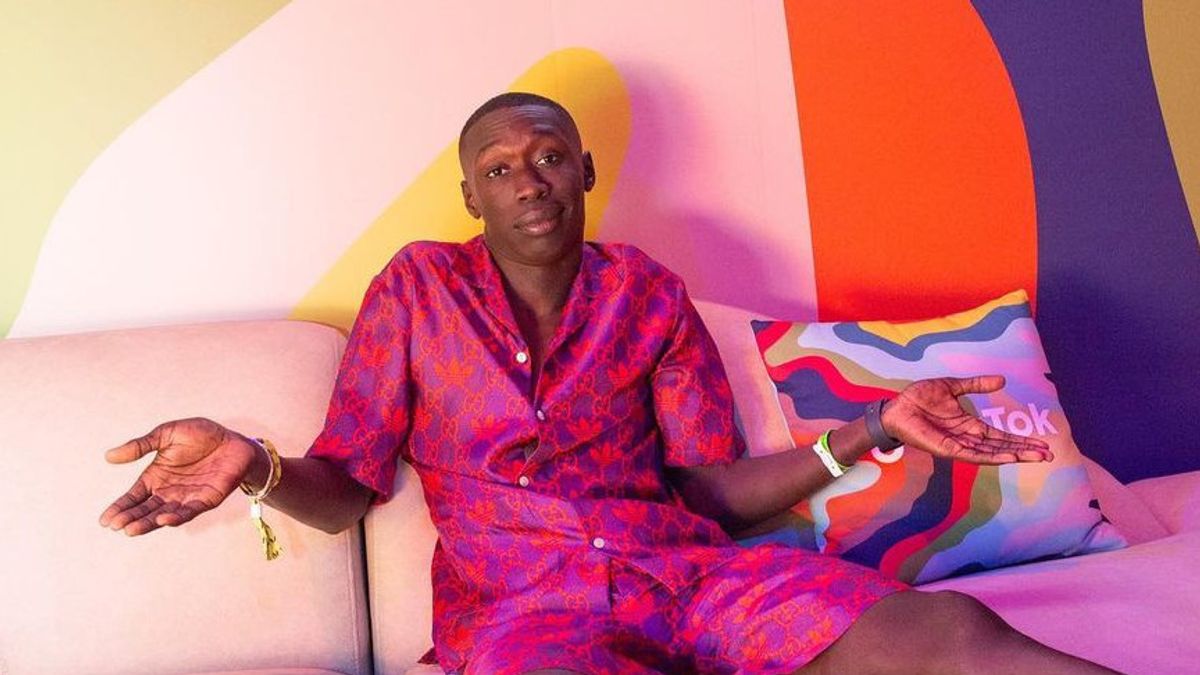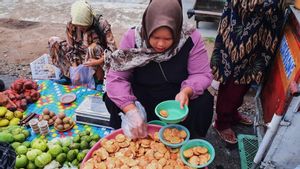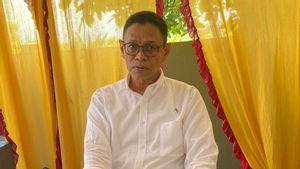JAKARTA - Chinese-owned social media site TikTok has told US senators it is working on a final deal with the Biden Administration that will "fully protect user data and US national security interests." This is stated in a TikTok statement seen by Reuters, Friday July 1.
The letter, dated Thursday, June 30, comes in response to questions raised in the June 27 letter by several senators, including Republican senators Marsha Blackburn and Ted Cruz.
TikTok, which is owned by Chinese technology conglomerate ByteDance, is one of the most popular social media apps in the world. Now TikTok has more than 1 billion active users worldwide. They consider the United States as their biggest market.
TikTok's Chief Executive, Shou Zi Chew, told senators in the letter that the short video app is working with Oracle Corp for "new advanced data security controls that we hope to complete in the near future."
Last month, TikTok said it had completed migrating user information from the US to servers at Oracle but was still using US and Singapore data centers for backup.
TikTok's letter acknowledged that employees based in China "may have access to US TikTok user data subject to a set of robust cybersecurity controls and authorization approval protocols overseen by our US-based security team."
TikTok said it expects "to remove US users' protected data from our own systems and fully pivot to Oracle cloud servers located in the US."
TikTok has sent a response to the senators' letter, a company spokesman said in a statement to Reuters. "We look forward to connecting with members of Congress to discuss the substance of our letter," he said.
TikTok seeks to build US-based engineering capacity to further reduce data access requirements across the region, the spokesperson added.
Senator Blackburn, from Tennessee, said TikTok "should have been candid from the start but instead tried to cover up their work in secret." He said TikTok needed to "go back and testify before Congress."
The TikTok letter comes nearly two years after a US national security panel ordered ByteDance to divest TikTok over concerns that US user data could be passed on to the Chinese communist government.
The order was not enforced after Joe Biden succeeded Donald Trump as US President last year. The panel, known as the Committee on Foreign Investment in the United States (CFIUS), is still conducting reviews of companies' national security, according to the letter.
"We know we are one of the most scrutinized platforms from a security point of view and we aim to dispel any doubts about the security of US user data," the letter said.
TikTok has previously said that employees in China have data access to US user data. In a 2020 blog post Roland Cloutier, TikTok's chief information security officer, said, "Our goal is to minimize cross-regional data access so that, for example, employees in the APAC region, including China, will have very minimal access to user data from the EU and the US. "
A BuzzFeed story in June showed ByteDance engineers in China had access to US data between September 2021 and January 2022.
The letter also says "ByteDance developed the algorithms for Douyin and TikTok, and therefore some of the same basic technological building blocks are used by both products." TikTok itself is known as Douyin in China.
But TikTok's business logic, algorithms, integration and system deployment are specific to the TikTok app and separate from Douyin, the letter said.
Reuters previously reported that while the code for the app, which determines the look and feel of TikTok, has been separated from Douyin, the server code is still partially shared across other ByteDance products. Server code provides basic application functionality such as data storage, algorithms for moderating and recommending content, and user profile management.
The Chinese government takes a stake and board seat in key entity ByteDance in 2021. read more
TikTok explained in a letter to senators that the acquisition of 1% of Beijing Douyin Information Service Ltd was required to obtain a news license in China.
The English, Chinese, Japanese, Arabic, and French versions are automatically generated by the AI. So there may still be inaccuracies in translating, please always see Indonesian as our main language. (system supported by DigitalSiber.id)












